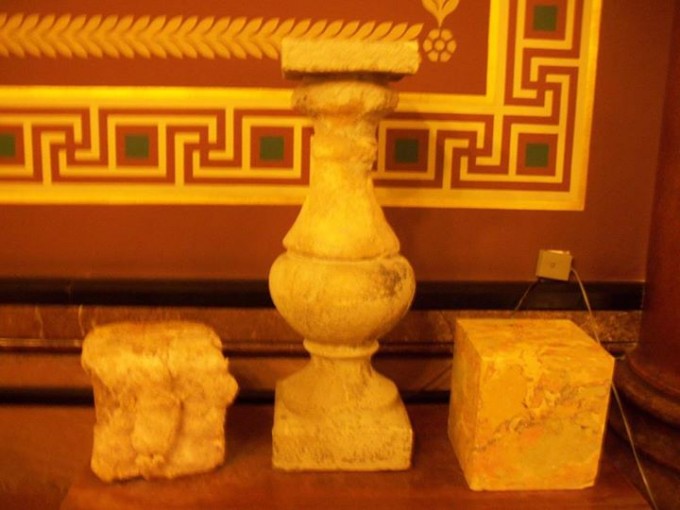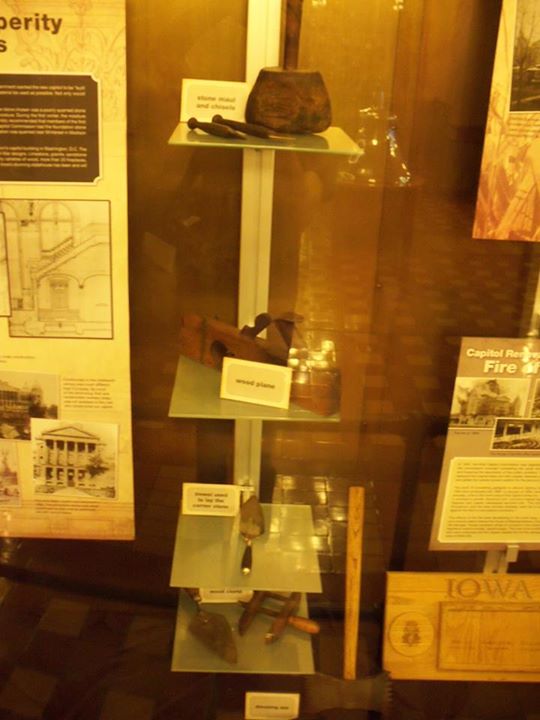
Wednesday, 26 August 2015
…in stripes, in imprisonments, in tumults, in labors, in sleeplessness, in fastings; 2 Corinthians 6:5
In this verse, Paul continues with his list of what the apostles were willing to endure in order “that our ministry may not be blamed.” He begins with “stripes.” These would have come from both Romans and from Jews and the method in which each conducted them was different. Either way, it was a most painful procedure which was intended to humiliate and degrade the offender as if they were really scandalous people. Paul notes later in this epistle (verse 11:23-25) that he was scourged five times by the Jews and that he was beaten with rods three times. In Acts 5:40, other apostles were beaten by the Sanhedrin. Certainly other such “stripes” were to be found among the other apostles at other times as well.
Next is noted “imprisonments.” Peter and other apostles are noted as having been imprisoned in Acts. Paul is also so noted on several occasions there. Similarly, Paul was later imprisoned at the end of Acts. He wrote some of his epistles from prison. Roman prisons were dirty and smelly. If it was cold, they were very cold. If it was hot, they were very hot. The prisoners were often bound in chains so that they could hardly move. Sanitation was completely lacking. And yet, the apostles are recorded as having endured this for the name of Christ.
The word for “tumults” is described by Vincent’s Word Studies – “This is one of the words which show the influence of political changes. From the original meaning of unsettledness, it developed, through the complications in Greece and in the East after the death of Alexander, into the sense which it has in Luke – political instability. One of the Greek translators of the Old Testament uses it in the sense of dread or anxious care.” From this word, we can assume that Paul is speaking of any time they spoke and which was met with a great unsettling because of their words. The book of Acts is replete with such instances.
“In labors” is indicative of the constant work the apostles engaged in as they conducted their ministry. Paul was a tent maker and supported himself as he also labored in the sharing of the gospel. In order to feed themselves and live, it was not considered shameful to also work hard in labors. This is something almost foreign to the idea of being a “pastor” today. Jets and expensive hotels often await many as they travel around sharing watered-down messages to people. However, there are also many faithful pastors out there who are willing to show up on Sunday to preach and also do what is necessary to keep the home well fed during the week.
The words “in sleeplessness” are obvious. The days were long, the nights were filled with instruction, traveling was difficult and even dangerous if by land or by sea. The apostles endured long hours as they moved throughout their regions of evangelism in order to share the wondrous news of salvation through the Person and work of Jesus Christ.
Finally, today’s list includes “fastings.” There are probably two types of fasting referred to here. The first would be voluntary. The apostles would forego meals in order to continue sharing the gospel. They would fast in order to petition the Lord for His favor. They would fast so that they could travel without being heavy with food. For whatever reason, they would have voluntarily fasted. However, they would also have faced involuntary fasts. They would face a scarcity of food due to a lack of money, a lack of availability, or even because they were facing the “imprisonments” where they may have been denied proper food. For these and certainly other reasons, the apostles faced fastings which were hard on the body but good for the soul.
Life application: How easy we have had it in the modern world. But we must remember that there are, even to this day, faithful Christians who are in the mission field who are facing similar difficulties that the apostles faced. Let us pray for our missionaries and be thankful that there are such faithful people who are out doing great things in order to bring the message of Christ to a lost and dying world.
Heavenly Father, today I’d like to lift up the missionaries around the world who are faithfully spreading the message of Jesus to a lost and dying world. I know many of them are in most difficult places and are sharing a message which could even cost them their lives. And yet, they are willing to go forth in order to tell about Your giving of Jesus. Thank You for these people. Be an ever-present help and comfort to them as they serve You. Amen.




